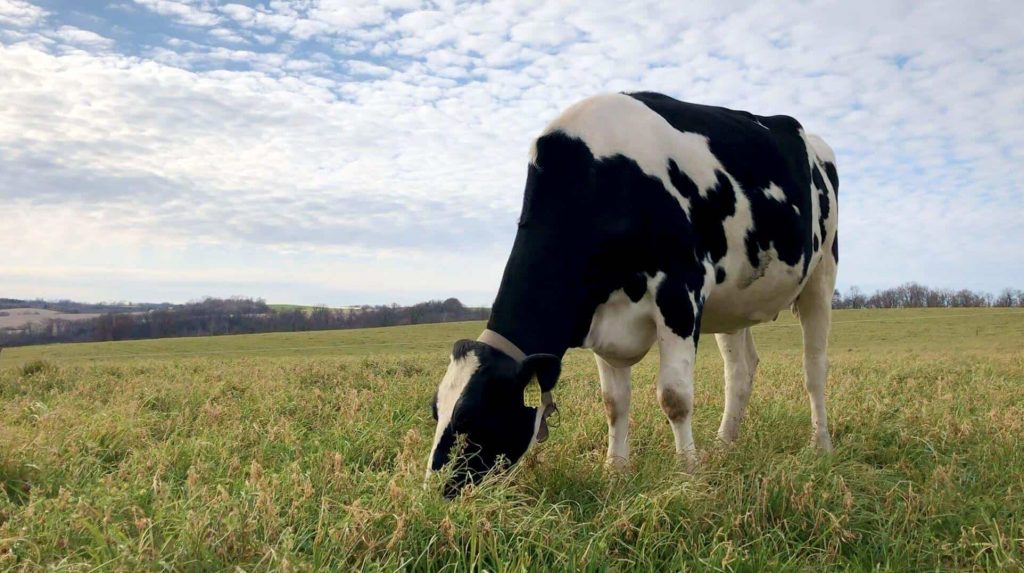More than two years have passed since U.S. Department of Agriculture Secretary Sonny Perdue departed, but the brouhaha he created with one callous comment during his tenure in the Trump administration remains memorable.


More than two years have passed since U.S. Department of Agriculture Secretary Sonny Perdue departed, but the brouhaha he created with one callous comment during his tenure in the Trump administration remains memorable.
In 2019 Perdue visited the World Dairy Expo in Madison, an event attended by struggling dairy farmers. When asked about the industry’s future, Perdue’s tone-deaf reply was this: “In America the big get bigger and the small go out.”
Perdue caught serious flak. While some may dub it brutally honest, “defeatist” and “shortsighted” are more accurate. A stable, affordable food supply is essential to national security. For this, we need small- to medium-sized producers and processors in addition to their industrial counterparts.
With that backdrop, current USDA Secretary Tom Vilsack’s recent visit to Minnesota was a refreshing change. Rather than throwing up his hands, Vilsack is wielding his department’s considerable resources to aid producers, strengthen rural communities and, for extra measure, combat climate change.
Will Vilsack’s ambitious strategy work? Time will tell. But this is an overdue course correction for this massive agency and worth a try. The number of Minnesota farms has been in long decline, from 86,000 in 1993 to 67,400 now, according to a Star Tribune analysis and a 2022 federal report.
Congressional Republicans in particular may look to divert some of these dollars to other purposes, such as more traditional farm supports. That’s stale thinking that would likely benefit bigger producers most.
Vilsack didn’t just have the shutdown in mind. He also had almost evangelical fervor in outlining new strategies, ones with historic funding levels, to reinvigorate smaller producers and communities while mitigating climate change. These initiatives include:
In turn, that could alleviate a data point that alarms Vilsack. “There are about 2.1 million farms in America. Of these, 7.5% received 89% of farm income. So roughly 2 million farms had to share 11% of that income. The question is whether we’re OK with that.”
So far, this new push has garnered a favorable reaction. Dan Glessing, a dairy farmer near Waverly and Minnesota Farm Bureau president, said farmers are open-minded about these initiatives, particularly if new programs can mitigate the risk of transitioning to climate-smart practices.
In an interview, former Rep. Collin Peterson, a Democrat who represented northwest Minnesota and once chaired the House Agriculture Committee, praised Vilsack’s efforts. As for climate-smart agriculture’s naysayers, Peterson said other countries are already moving forward on this front, leaving the U.S. at a competitive disadvantage.
Legal notice about Intellectual Property in digital contents. All information contained in these pages that is NOT owned by eDairy News and is NOT considered “public domain” by legal regulations, are registered trademarks of their respective owners and recognized by our company as such. The publication on the eDairy News website is made for the purpose of gathering information, respecting the rules contained in the Berne Convention for the Protection of Literary and Artistic Works; in Law 11.723 and other applicable rules. Any claim arising from the information contained in the eDairy News website shall be subject to the jurisdiction of the Ordinary Courts of the First Judicial District of the Province of Córdoba, Argentina, with seat in the City of Córdoba, excluding any other jurisdiction, including the Federal.
1.
2.
3.
4.
5.
eDairy News Spanish
eDairy News PORTUGUESE
